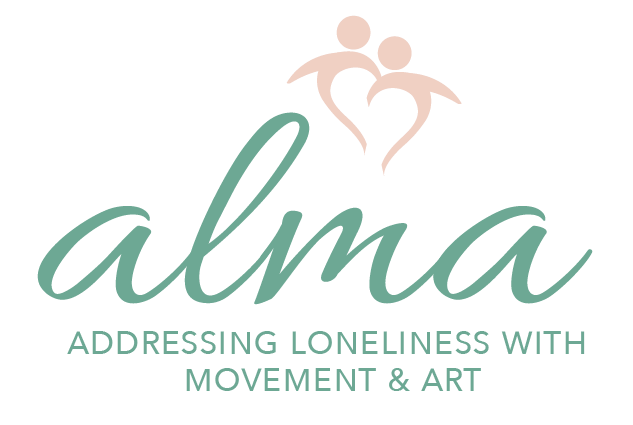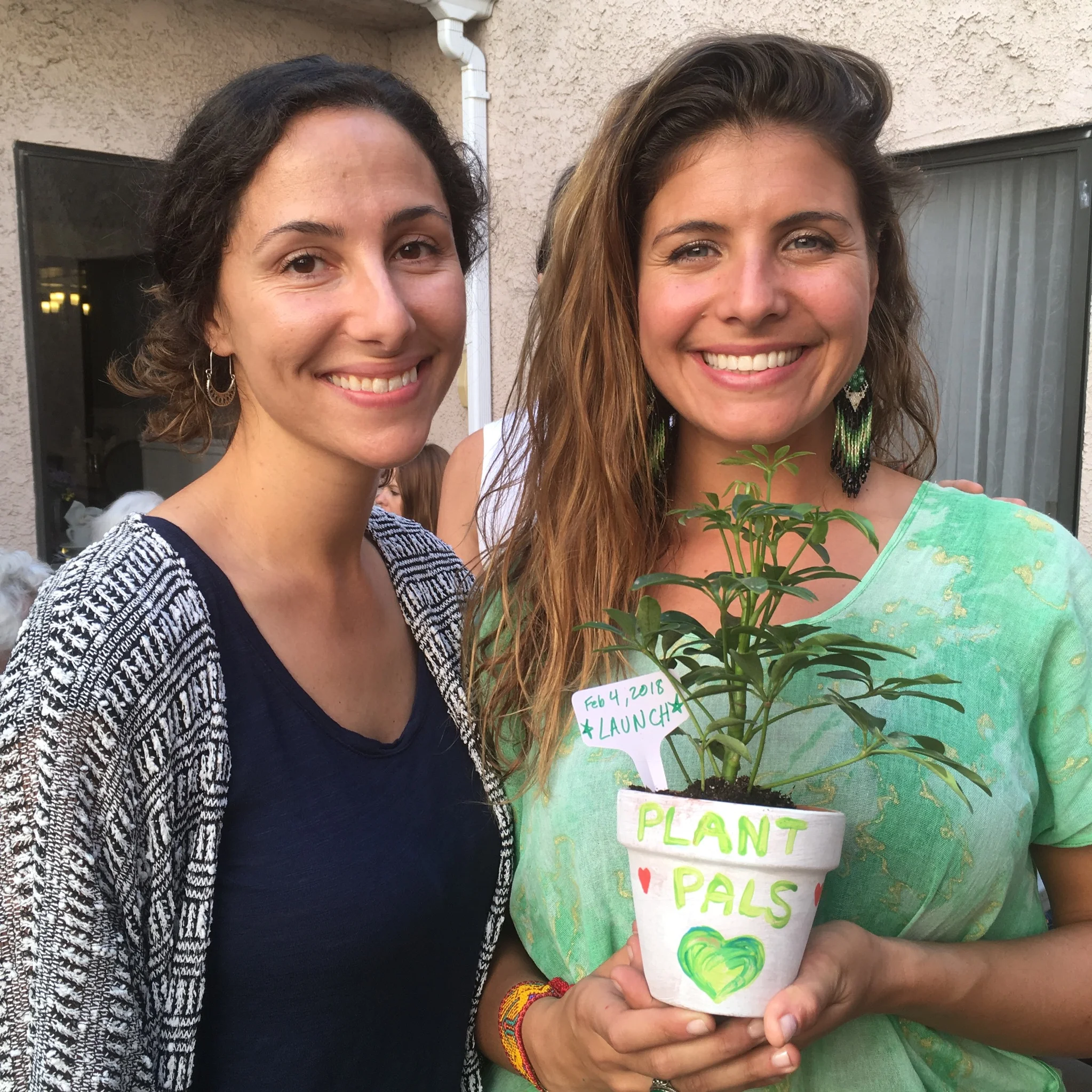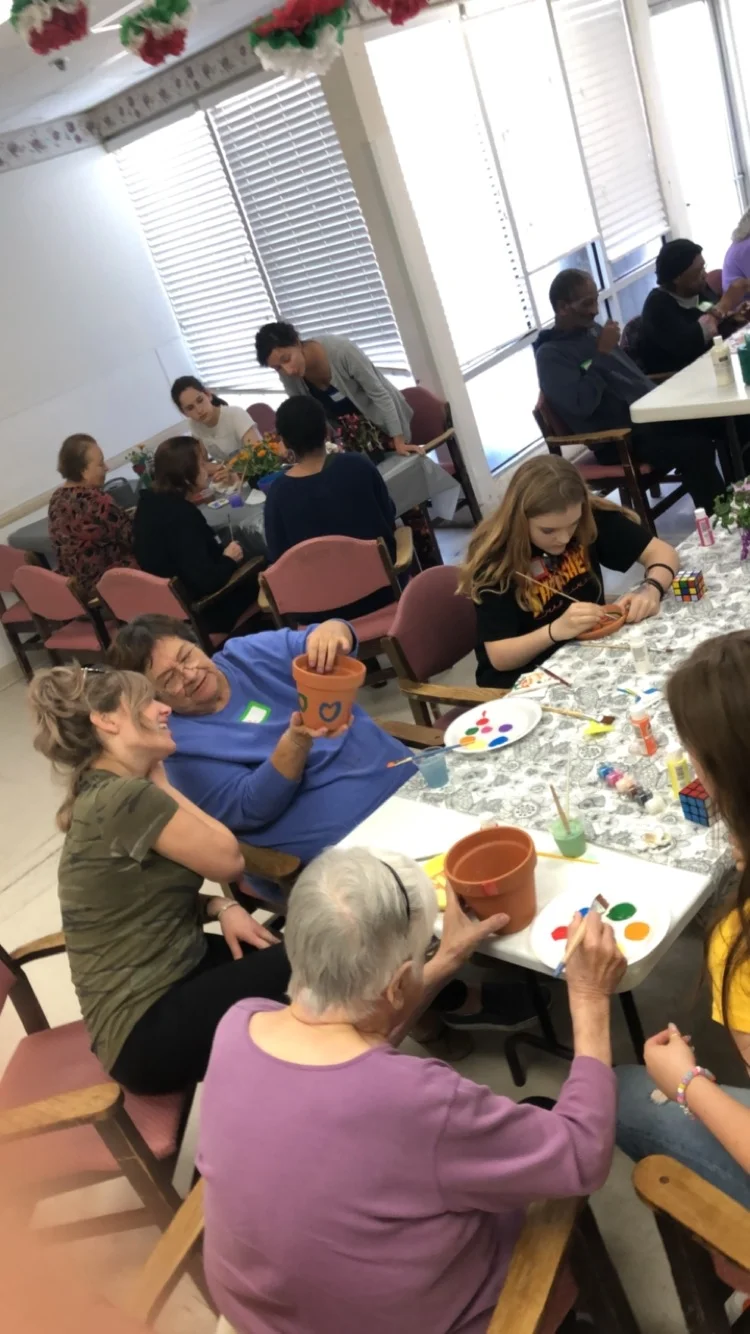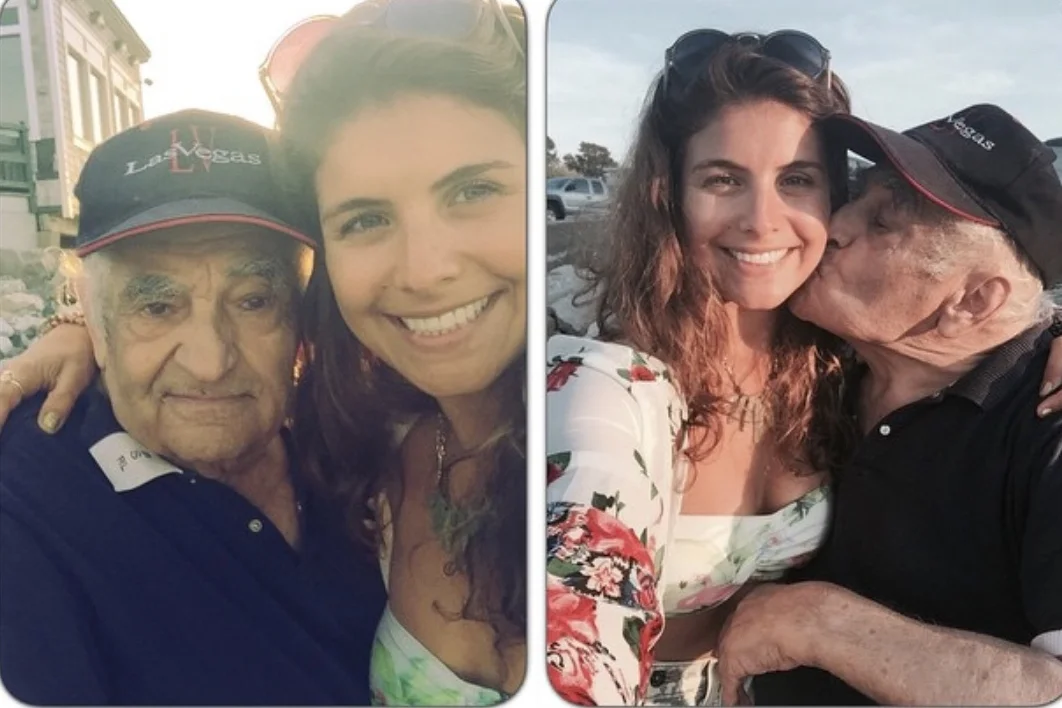Who We Are
We are intergenerational volunteers that stand for human connection. We stand for honoring our elders. We desire to be of service to the most neglected. We want to create a new paradigm for what it means to age. We remember our elders with our hearts. We re-member our elders back as valuable members in society. We want to remember. We are them.
ALMA was born out of Founder, Julia Grace’s close bond with her grandparents. When Julia Grace placed her grandparents in a nursing home three years ago, she noted the low quality of care in the facility. Particularly, the lack of engaging activities or connection with outside community and nature.
Given her background as a trained expressive arts therapist, she knew that the arts could create a bridge for connection and began offering dance therapy groups at her grandfathers nursing home.
Upon noticing an improvement in social and emotional wellbeing, not only in the seniors, but also in herself, Julia saw a need for a scalable program that could include outside community volunteers and enrich the lives of everyone involved.
ALMA was born a few years later and since has touched the lives of hundreds of elders, at risk youth, and intergenerational volunteers bringing noticeable improvement to their emotional wellbeing and quality of life.
Our Goals
1. Remind Every Elder that they are alive, loved, and cherished. (Reduce isolation & loneliness of seniors)
2. Training and educating volunteers in creative arts approaches for connection and empathy.
3. Shift cultural views on aging by creating mutually beneficial relationships between older and younger generations







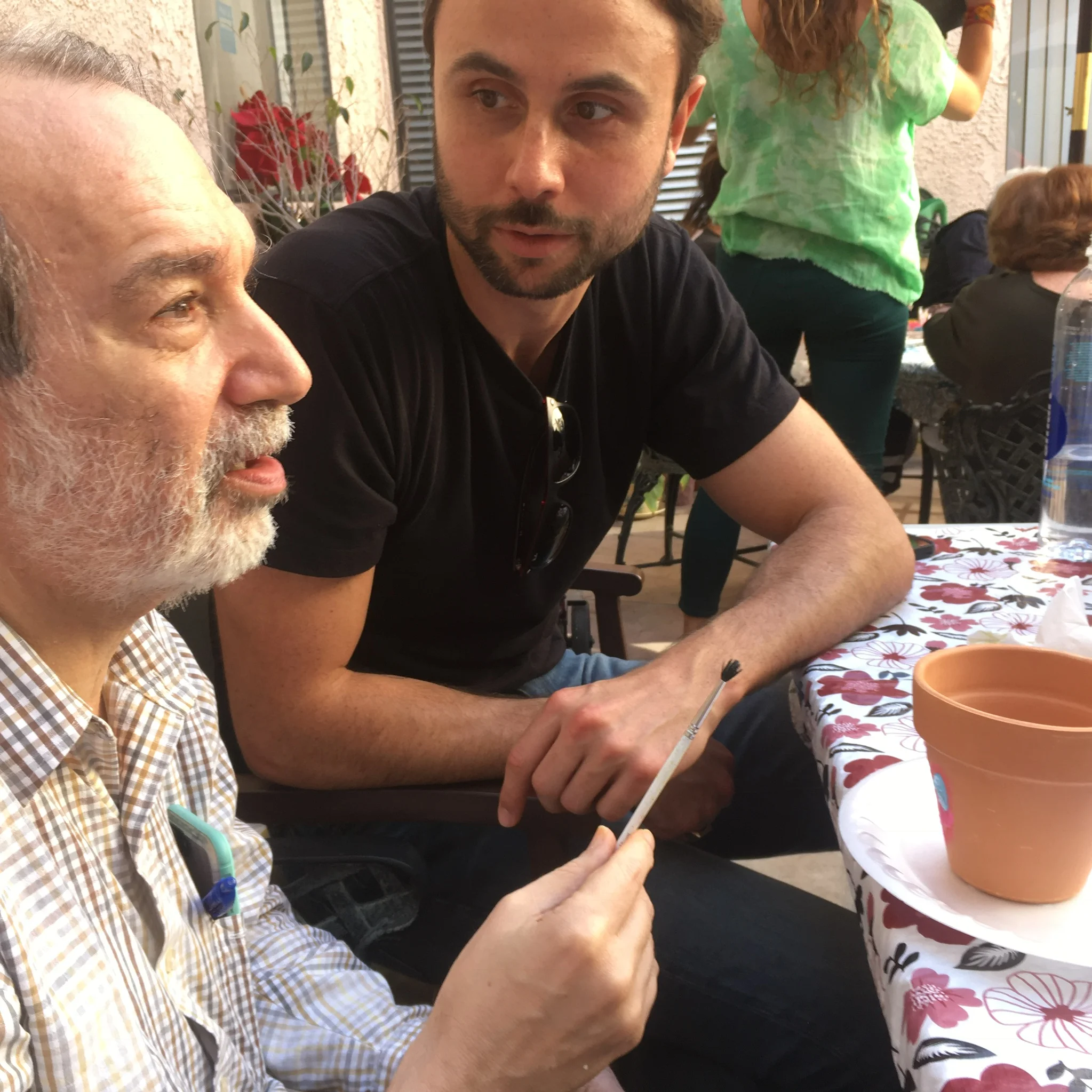

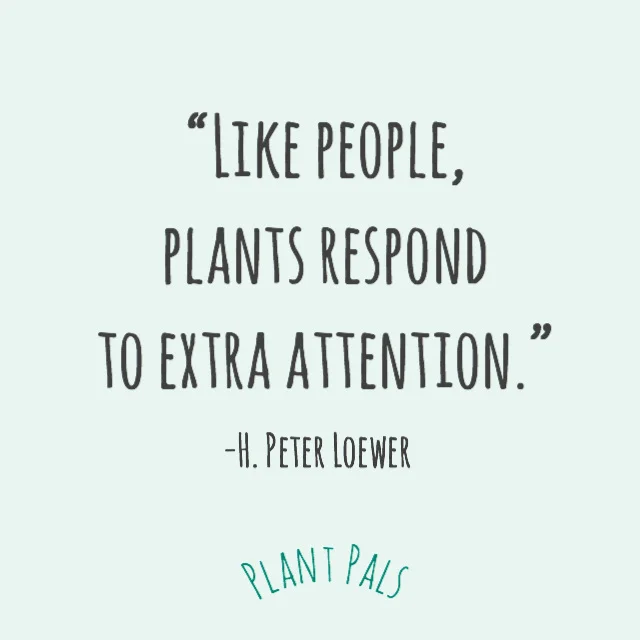
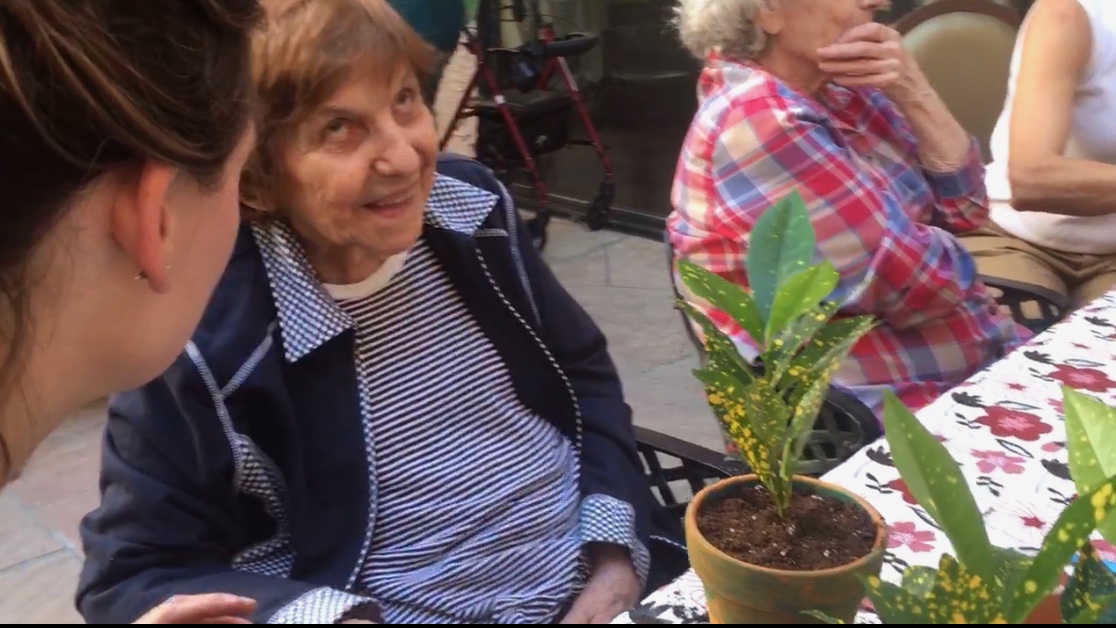
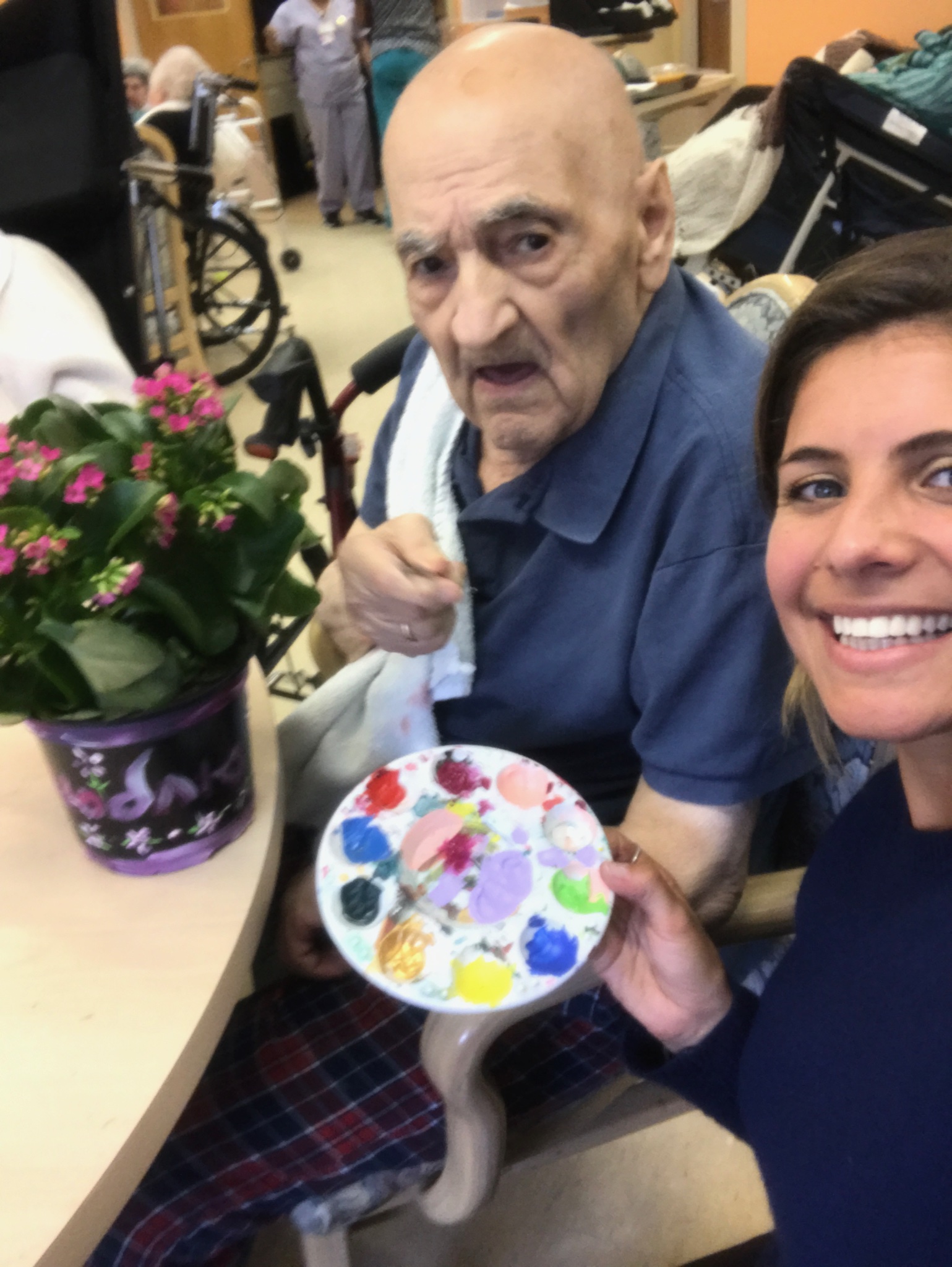
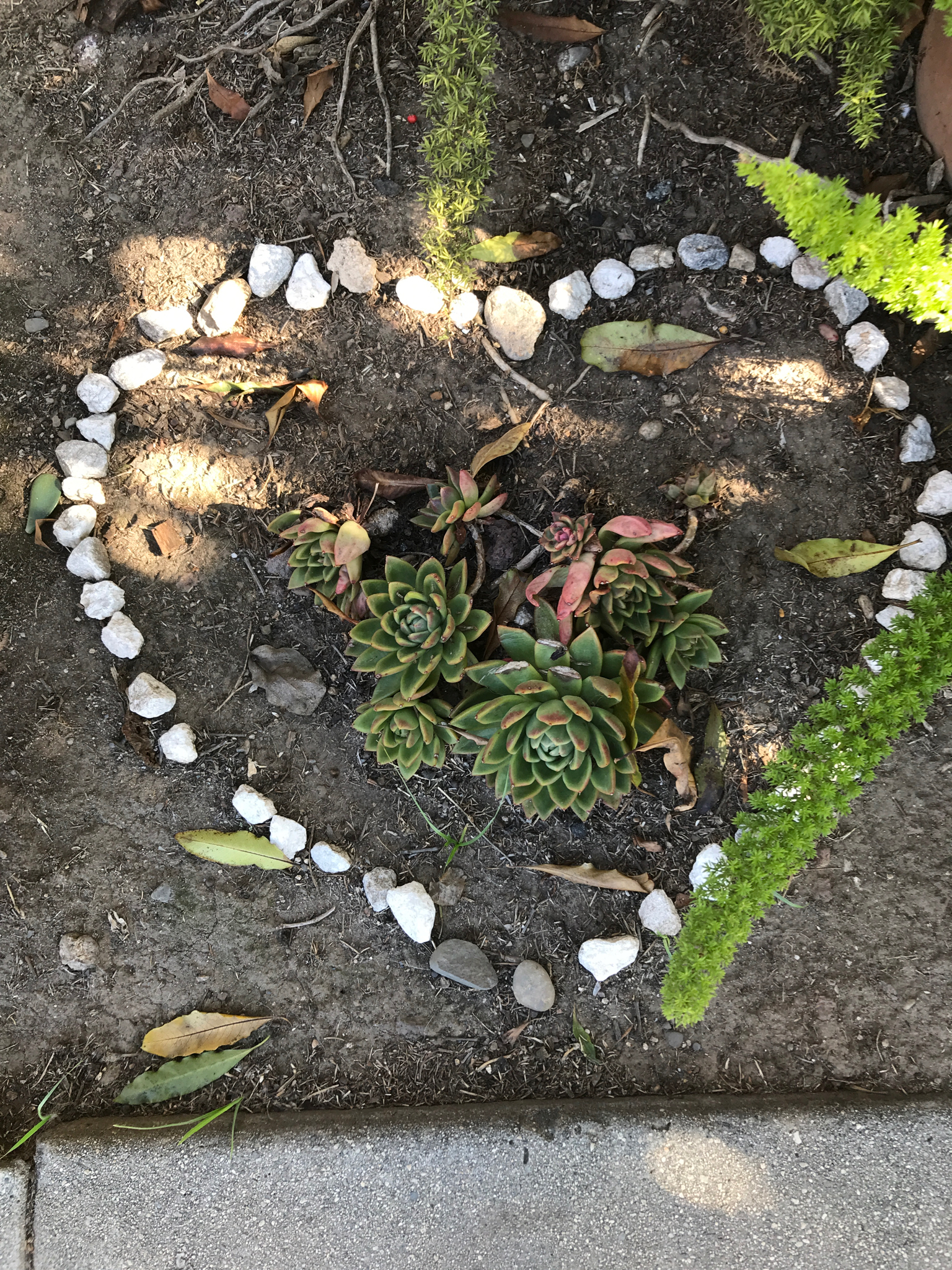

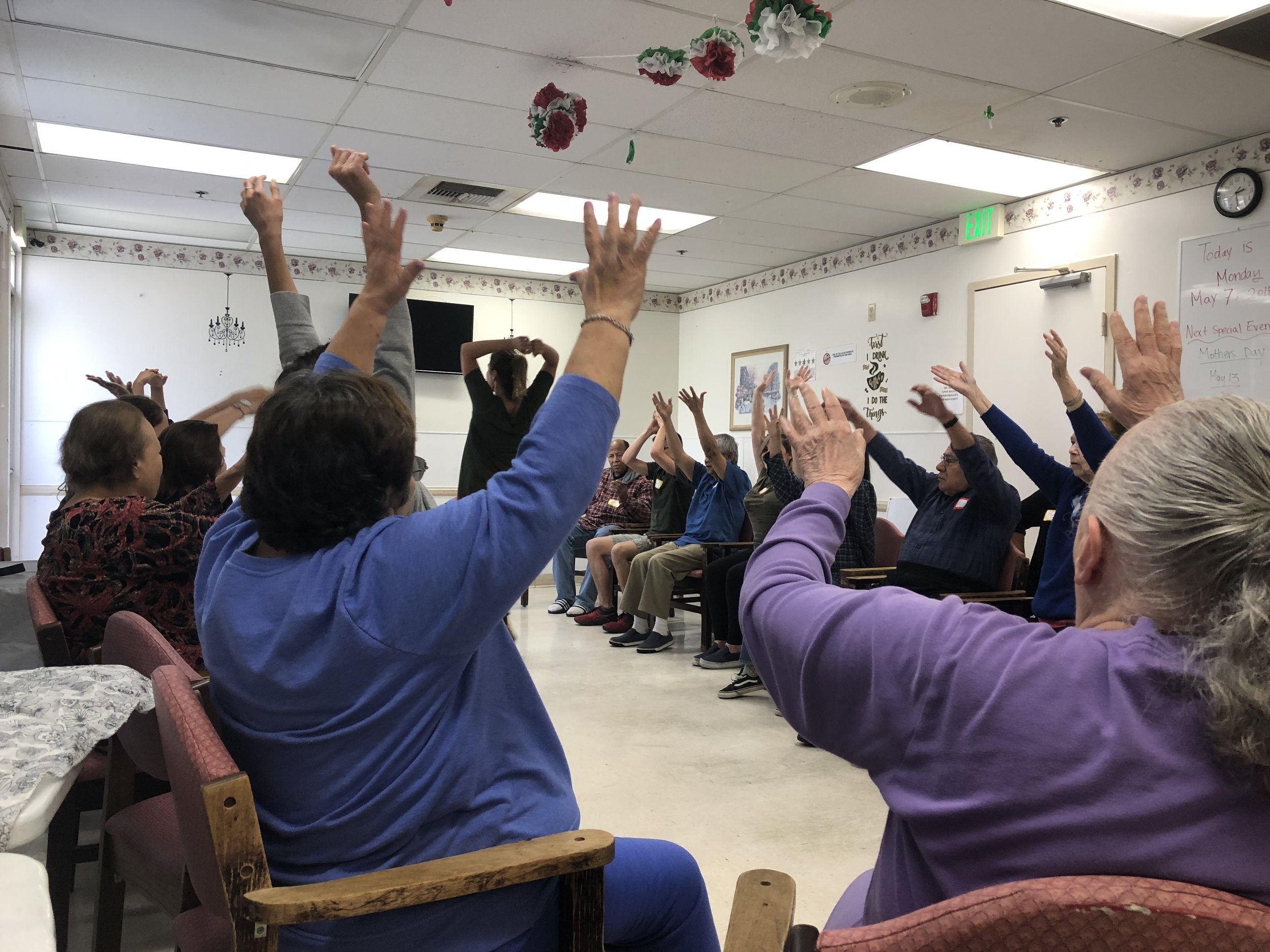



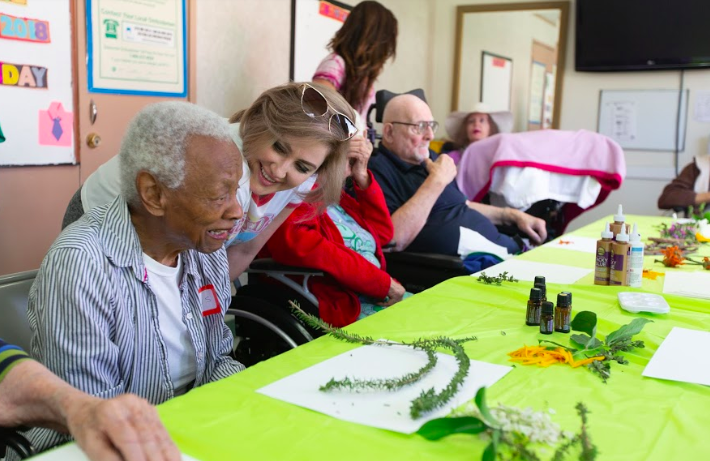
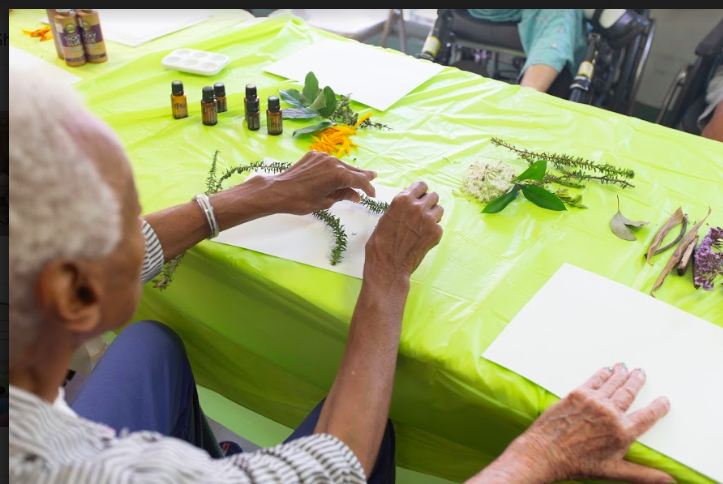
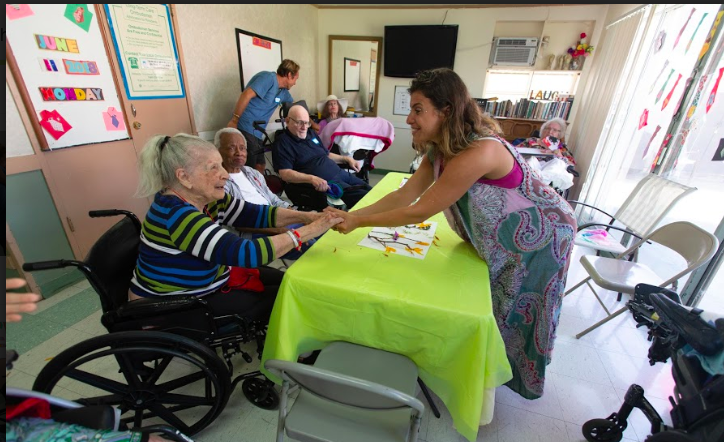
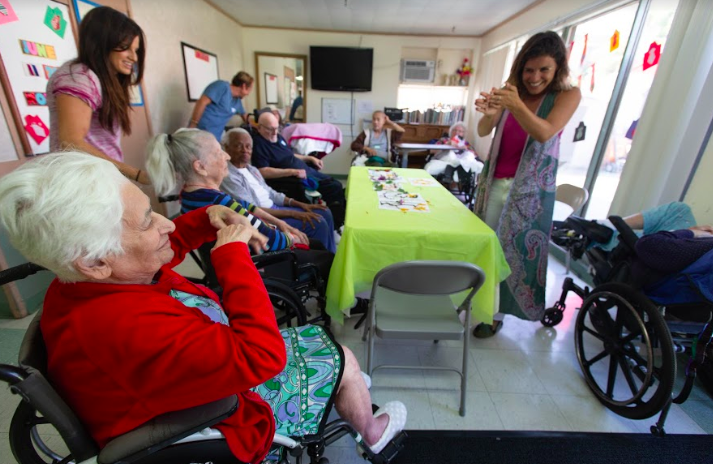
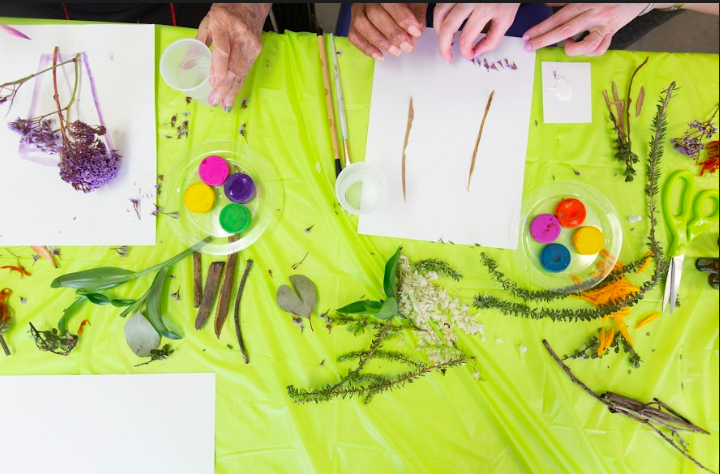
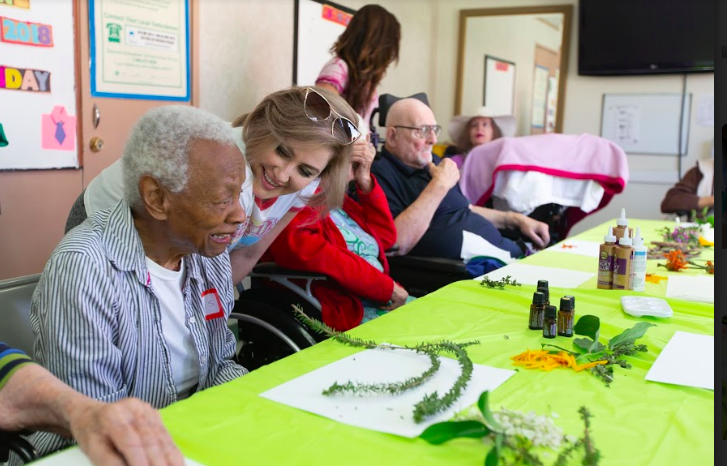
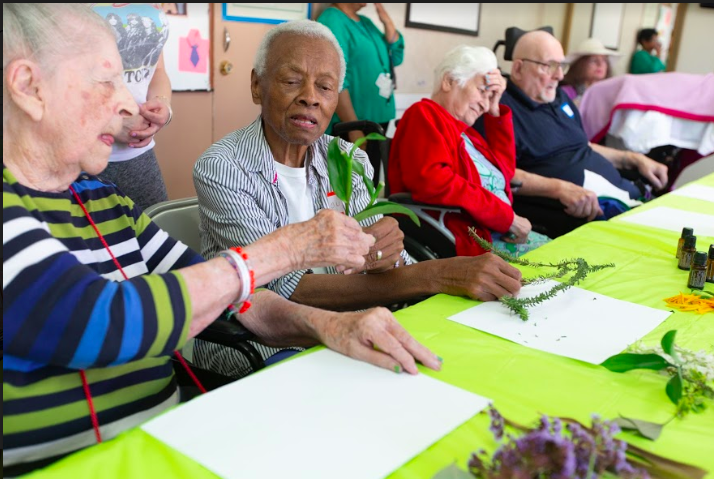
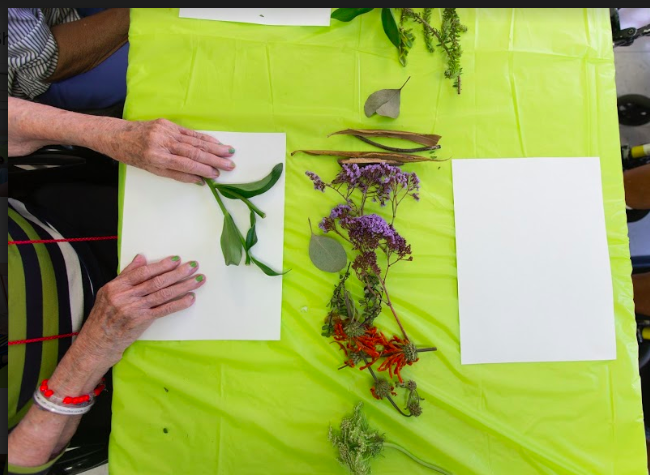
Our Values
Artistic expression // Longevity // Mutual // All inclusive
Why intergenerational connection?
Collaboration between generations builds vital community. Adults provide physical support. Children bring vibrancy, joy, play, and companionship. Elders offer wisdom, emotional support, character building, and unconditional love.
Intergenerational connection dismantles ageism by decreasing stereotyping, and anxiety about aging. Unfortunately, intergenerational friendships are rare. Intergenerational relationships reduce anxiety about aging and decrease stigma. It also reduces isolation and enhances a sense of belonging and civic responsibility for both groups.
Why music?
Throughout human, history music has been a universal connector. Musical elements such as rhythm, melody, and lyrics create a shared experience. Music helps recall memories, inspire movement and dance, and regulate the nervous system.
Music has been shown to help reducing agitation, aggression, and anxiety, as well as increasing alertness in individual with dementia.
Numerous studies also have documented that Dementia patients retain music skills and music memory( a preserved memory of music) long after their other communication and cognitive skills diminish.
Music has the potential to improve the quality of life for both the person with dementia and caregivers. music therapy has been
There is also evidence of the effectiveness of auditory stimulation and pain reduction.
Why dance/movement?
Dance/Movement Therapy (DMT) originated in the 1960s a s a modality of therapy. For Alzheimre's and dementia patients, DMT has proven highly effective.
By relying on movement and other nonverbal behavior as the primary means of communication, DMT de-emphasizes verbal language skills and cognitive deficits. This means that persons with Alzheimers disease and other dementias can participate in the group from a place of ability, rather than disability.
A 2003 study by Verghese et al. found that dance was the most effective leisure activity to contribute to the delay in onset of Alzheimer’s disease for people at risk.
Neurologist Peter Whitehouse (2008) suggested that exercise contributes to the development of new brain cells, and dance is likely to be the best form of exercise because it combines physical exertion with cognitive and social stimulation.
DMT catalyzes the motor action part of the brain into high gear, which also help individuals become alert, organized, and expressed.
ALMA Team
Julia GRACE, LPCC, R-DMT -FoUNDER
Julia Grace is an advocate for using the arts in healthcare.
As a licensed psychotherapist specializing in expressive arts and dance/movement therapy, she is devoted to music, movement, and creativity in helping human beings thrive.
Julia Grace has a natural way of connecting with the elderly. She grew up very close to her grandparents, and with the loss of her father in her early 20s, the bond between them grew even stronger. Being a healthcare proxy for both grandparents in their end of life, Julia was exposed to the elder longterm care system. ALMA is her response, established for systemic and societal change in the way the elders are cared for as well as to spread awareness about the positive impact of the arts and intergenerational connection in elder care.
Julia Grace holds a Masters in Clinical Counseling and Expressive Arts Therapy, is a Registered Dance/Movement Therapist, and a licensed Professional Clinical Counselor, with her private practice in Los Angeles, CA.
Rebecca Russ, MA, R-DMT
Rebecca is a dance/movement therapist and mental health counselor who practices relational and embodiment-based psychotherapy. She believes the way we connect with one another is the key to understanding ourselves at a deeper level. Rebecca has worked with individuals from all age groups in a variety of settings including psychiatric hospitals, partial-hospitals, schools, adult day-centers, and non-profit sectors. Her professional aim is to help individuals express themselves from a place of truth, access their creative potential for healing, and cultivate a deeper connection to themselves and loved ones. Currently, she works as ALMA’s Operations Manager & Facilitator.





